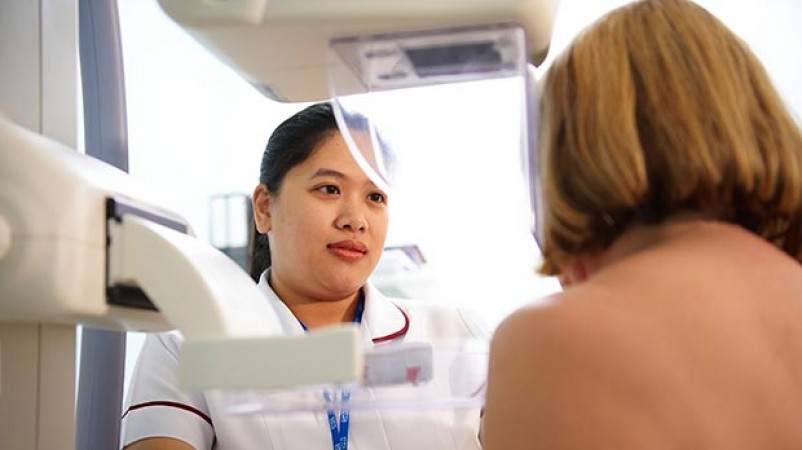Cancer is a formidable adversary, but early detection can significantly increase the chances of successful treatment and recovery. Regular cancer screening plays a crucial role in identifying potential issues before they escalate. In this guide, we'll delve into the various cancer screening exams available, their recommended timelines, and the importance of staying vigilant when it comes to your health.
The Basics of Cancer Screening
Cancer screening involves tests and examinations to detect cancer at its earliest stages, even before symptoms appear. Early detection allows for timely intervention, potentially saving lives. Here are some key points to remember:
1. Why is Cancer Screening Important?
- Early detection often means more treatment options.
- It can lead to better treatment outcomes.
- Some cancers are more treatable in their early stages.
2. Who Should Get Screened?
- Screening recommendations vary by age, gender, and risk factors.
- Consult with your healthcare provider for personalized guidance.
Common Cancer Screening Tests
Let's explore the most common cancer screening tests and when they are typically recommended:
1. Breast Cancer
- Mammogram : Women aged 40 and older should have annual mammograms.
- Clinical breast exams: Should be part of a routine check-up for women aged 20-40.
2. Cervical Cancer
- Pap Smear : Start at age 21, repeated every 3 years.
- HPV testing: May be recommended alongside Pap smears.
3. Colorectal Cancer
- Colonoscopy : Begin at age 45, then every 10 years.
- Fecal Occult Blood Test: Annual for those at average risk.
4. Prostate Cancer
- Prostate-Specific Antigen (PSA) Test : Start discussing with your doctor at age 50 (earlier for higher risk individuals).
5. Lung Cancer
- Low-Dose CT Scan : Recommended for heavy smokers aged 55-80.
6. Skin Cancer
- Skin Exam : Regularly check your skin for changes and consult a dermatologist for any concerns.
Tailoring Screening to Your Risk
1. Family History
- If close relatives had cancer, your risk may be higher. Discuss screening with your doctor.
2. Lifestyle Factors
- Smoking, alcohol consumption, and obesity can increase cancer risk. Modify these behaviors for a healthier life.
3. Genetic Testing
- Some individuals have genetic mutations that predispose them to cancer. Genetic counseling can help assess your risk.
Be Proactive and Informed
1. Consult with Your Healthcare Provider
- Your doctor knows your medical history and can provide tailored screening recommendations.
2. Regular Check-ups
- Even without specific symptoms, annual check-ups are essential to monitor your overall health.
Cancer screening is a critical aspect of maintaining your well-being. By following recommended guidelines and staying informed about your risk factors, you can take proactive steps towards early detection and a healthier future.
Now, it's essential to remember that cancer screening is a personal journey. Your healthcare provider will be your trusted guide, helping you make informed decisions about which exams are right for you and when to schedule them.
5 Amazing Foods for Gorgeous Hair
Why are you waking up in the middle of the night so frequently?
National Nutrition Week Ends: Nourishing Our Nation for a Healthier Tomorrow
